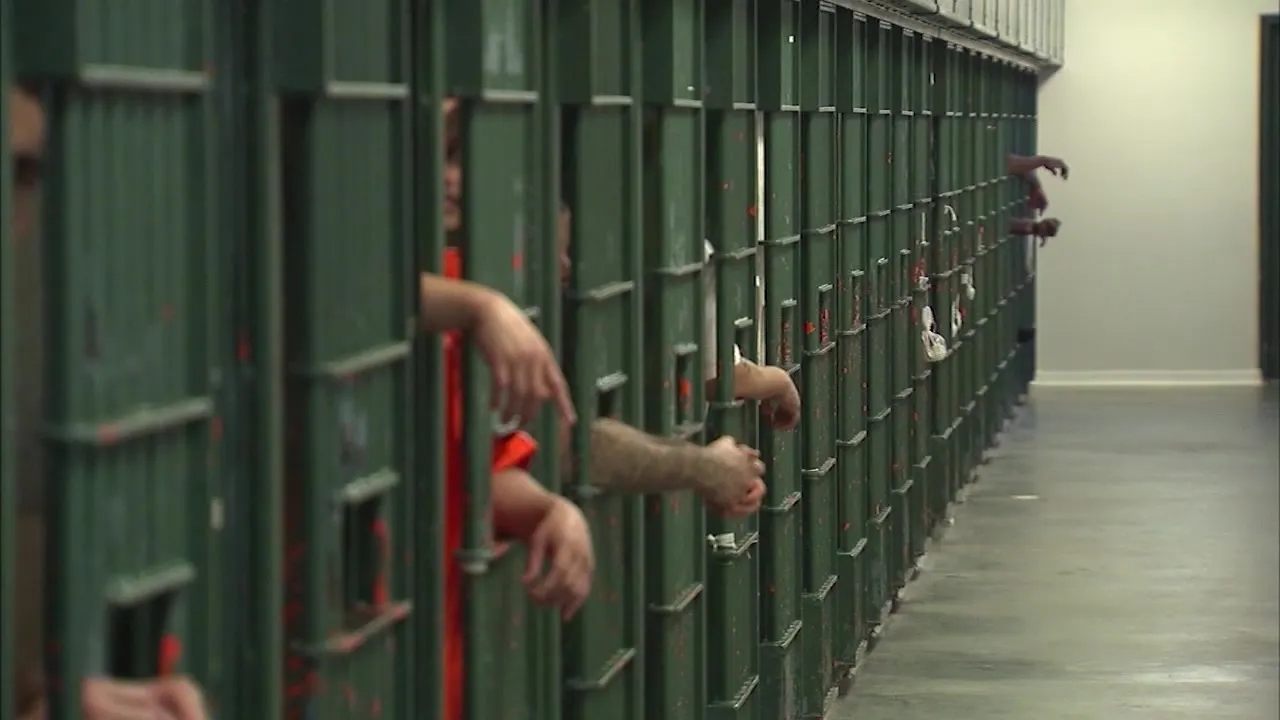Already a subscriber? Make sure to log into your account before viewing this content. You can access your account by hitting the “login” button on the top right corner. Still unable to see the content after signing in? Make sure your card on file is up-to-date.
A federal judge in Texas has declined to force the state to immediately install air conditioning in some of its prisons, but ruled that the extreme heat inmates endure is likely unconstitutional.
Some shit you should know before you read: Back in 2023, a Texas inmate filed a lawsuit against the Texas Department of Criminal Justice after enduring extreme heat in a prison cell where temperatures soared above 110 degrees. That inmate, Bernie Tiede—whose case gained national attention and inspired the film Bernie—sparked a broader legal battle when multiple prisoner advocacy organizations joined the case in 2024, expanding it to represent all incarcerated individuals in Texas prisons without adequate cooling. At the core of the lawsuit is the fact that only about one-third of the state’s prison units are fully air-conditioned, leaving approximately 85,000 inmates exposed to dangerous heat each summer. Lawyers say that at many of these facilities, temperatures can reach up to 120 degrees. Despite multiple warnings, prior lawsuits, and a 2022 study linking hundreds of prison deaths to extreme heat, the state has yet to fully address the issue, even though other facilities like county jails and animal shelters are required by law to maintain safe indoor temperatures.

What’s going on now: Despite a significant push to secure a preliminary injunction, US District Judge Robert Pitman declined to order the immediate installation of air conditioning in Texas prisons, even as he agreed that the conditions inside many facilities are likely “unconstitutional.” In his ruling, Pitman wrote, “This case concerns the plainly unconstitutional treatment of some of the most vulnerable, marginalized members of our society. The Court is of the view that excessive heat is likely serving as a form of unconstitutional punishment.”
Pitman’s ruling came after both lawyers for the plaintiffs and the state presented extensive testimony and evidence during a weeklong hearing focused on whether emergency relief was warranted before the full case proceeds to trial. Plaintiffs shared accounts from inmates who described enduring unbearable heat, sometimes faking medical emergencies or setting fires just to be moved to cooler areas. Medical experts testified that temperatures inside uncooled Texas prison cells often exceed 120 degrees Fahrenheit, posing serious health risks, especially for elderly and medically vulnerable inmates. In contrast, attorneys for the state stressed the logistical and financial burden of installing air conditioning across more than 60 uncooled prison blocs and argued that the Texas Department of Criminal Justice had implemented reasonable heat mitigation protocols, including cold towels and fans.
Judge Pitman acknowledged these measures but deemed them insufficient, writing that they have “failed to prevent dozens of inmates from dying or becoming seriously ill.” He pointed out that only about 10% of the state’s 134,500 inmates are classified as heat-sensitive under the agency’s screening system, leaving many at risk despite clear medical vulnerabilities.
Although he stopped short of forcing immediate air conditioning, Pitman signaled that the plaintiffs are “likely to prevail at trial,” warning the state that unless lawmakers take action, the court may ultimately force them to act.






